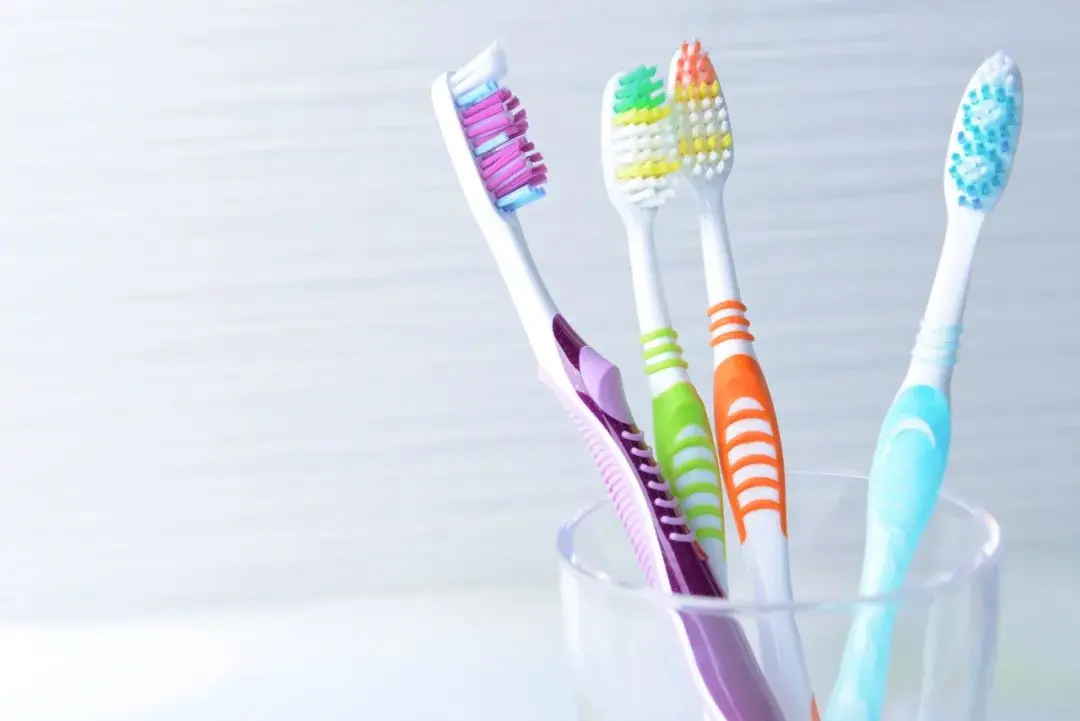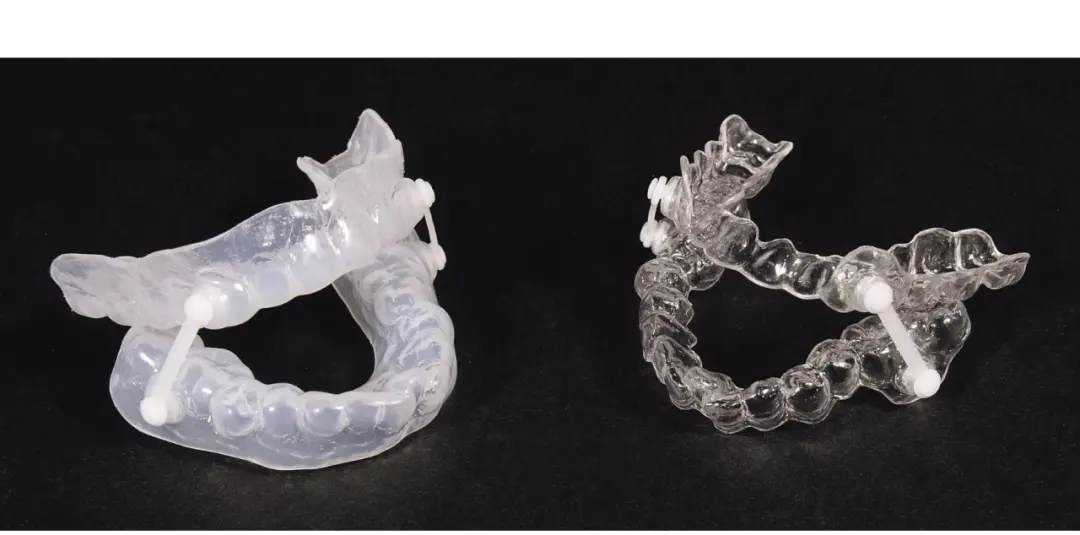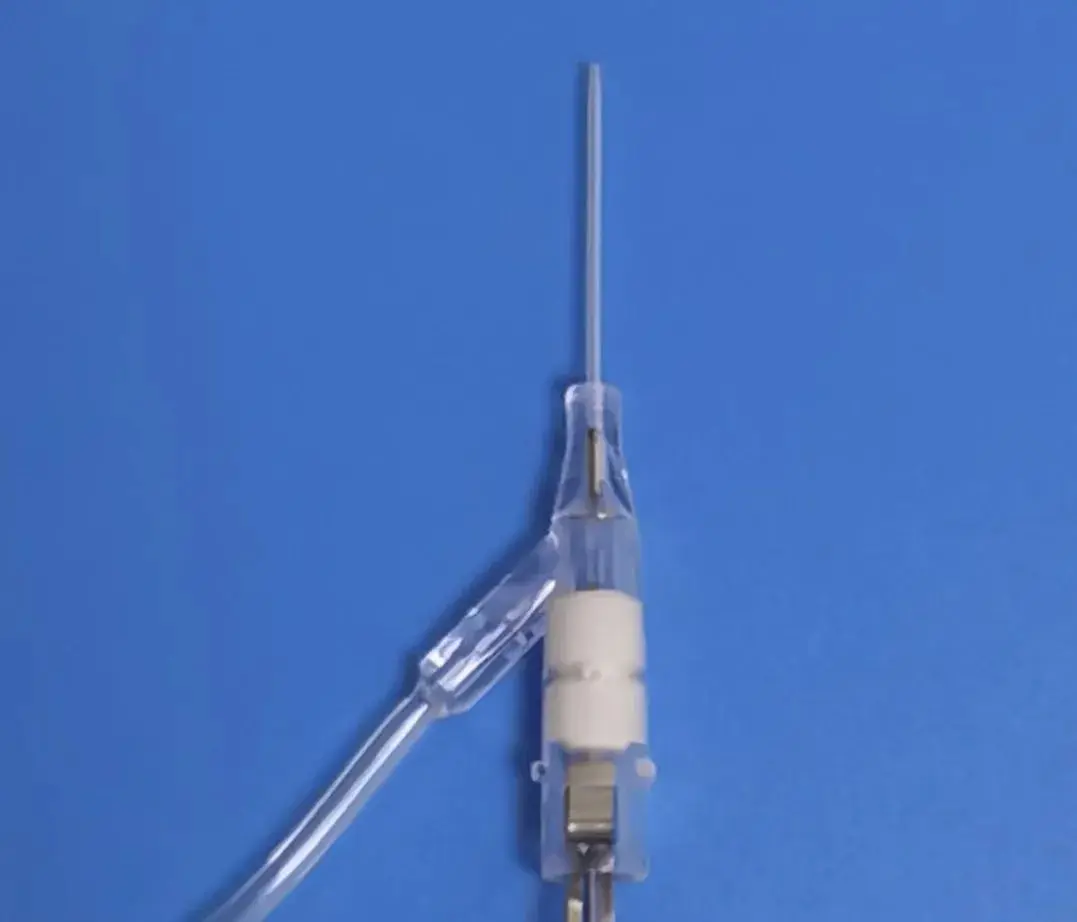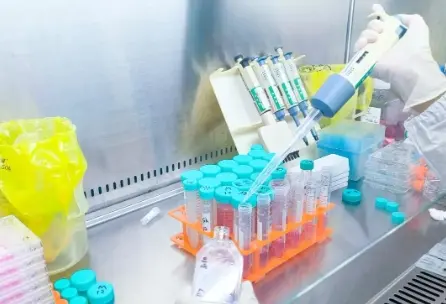
Which Products Require ISO 10993-5 Cytotoxicity Testing?
cytotoxicity testing is a critical step in evaluating the safety of medical devices and biomaterials. It is mainly used to determine whether a product releases harmful substances that may damage cells, inhibit growth, or cause cell death. Below are the detailed product categories that require cytotoxicity testing:
1. Medical Devices
- Implantable Devices: Heart stents, artificial joints, bone plates, screws, etc.
- Contact Devices: Catheters, dialysis machines, contact lenses, surgical gloves, etc.
- In Vitro Diagnostic Devices: Reagent kits, blood collection tubes, culture dishes, etc.
2. Biomaterials
- Polymeric Materials: Medical-grade silicone, polyethylene, polylactic acid, etc.
- Metal Materials: Titanium alloy, stainless steel (used in orthopedic or dental implants).
- Ceramic Materials: Hydroxyapatite (used in bone repair).
3. Pharmaceutical Packaging Materials
- Packaging in Direct Contact with Drugs: Infusion bags, drug bottles, sealing rubber stoppers, etc.
4. Medical Consumables
- Single-Use Items: Syringes, infusion tubes, sutures, dressings, etc.
- Disinfection Products: Disinfectant swabs, surgical drapes, etc.
5. Dental Materials
- Filling Materials: Composite resins, glass ionomer cements.
- Impression Materials: Silicone rubber impression materials.
- Restorative Materials: Denture bases, dental alloys.
6. Cosmetics and Skincare Products
- Products in Direct Contact with Skin: Lotions, serums, face masks (required by some countries/regions).
7. Nanomaterials
- Medical Nanoparticles: Drug carriers, imaging agents, etc.
8. Tissue Engineering Products
- Bioprinting Materials: 3D-printed scaffolds, cell culture matrices.
Cytotoxicity Testing Standards
- International Standard: ISO 10993-5 (Biological Evaluation of Medical Devices).
Cytotoxicity Testing Methods
- Direct Contact Method: The sample comes into direct contact with cells.
- Indirect Contact Method: Testing through extracts.
- Qualitative/Quantitative Analysis: MTT method, LDH release test, etc.
This test ensures that the product will not cause cell damage or inflammatory reactions due to the release of toxic substances during clinical use. If you're unsure whether your product requires cytotoxicity testing, please contact us. If you're looking to save costs, feel free to reach out as we are a GLP-accredited laboratory.
Email:hello@jjrlab.com
Write your message here and send it to us
 Toothbrush FDA Certification Testing
Toothbrush FDA Certification Testing
 Snoring Device FDA 510k Standard Testing
Snoring Device FDA 510k Standard Testing
 Single Use Intravenous Catheter Certification Test
Single Use Intravenous Catheter Certification Test
 Silicone Material Product Compliance Certification
Silicone Material Product Compliance Certification
 What to Do If Cytotoxicity Test Results Are Positi
What to Do If Cytotoxicity Test Results Are Positi
 ISO 10993:5 Cytotoxicity Testing Methods
ISO 10993:5 Cytotoxicity Testing Methods
 FDA ISO 10993-1 Biocompatibility Evaluation Guidel
FDA ISO 10993-1 Biocompatibility Evaluation Guidel
 In Vitro Cytotoxicity Testing for Medical Devices
In Vitro Cytotoxicity Testing for Medical Devices
Leave us a message
24-hour online customer service at any time to respond, so that you worry!




